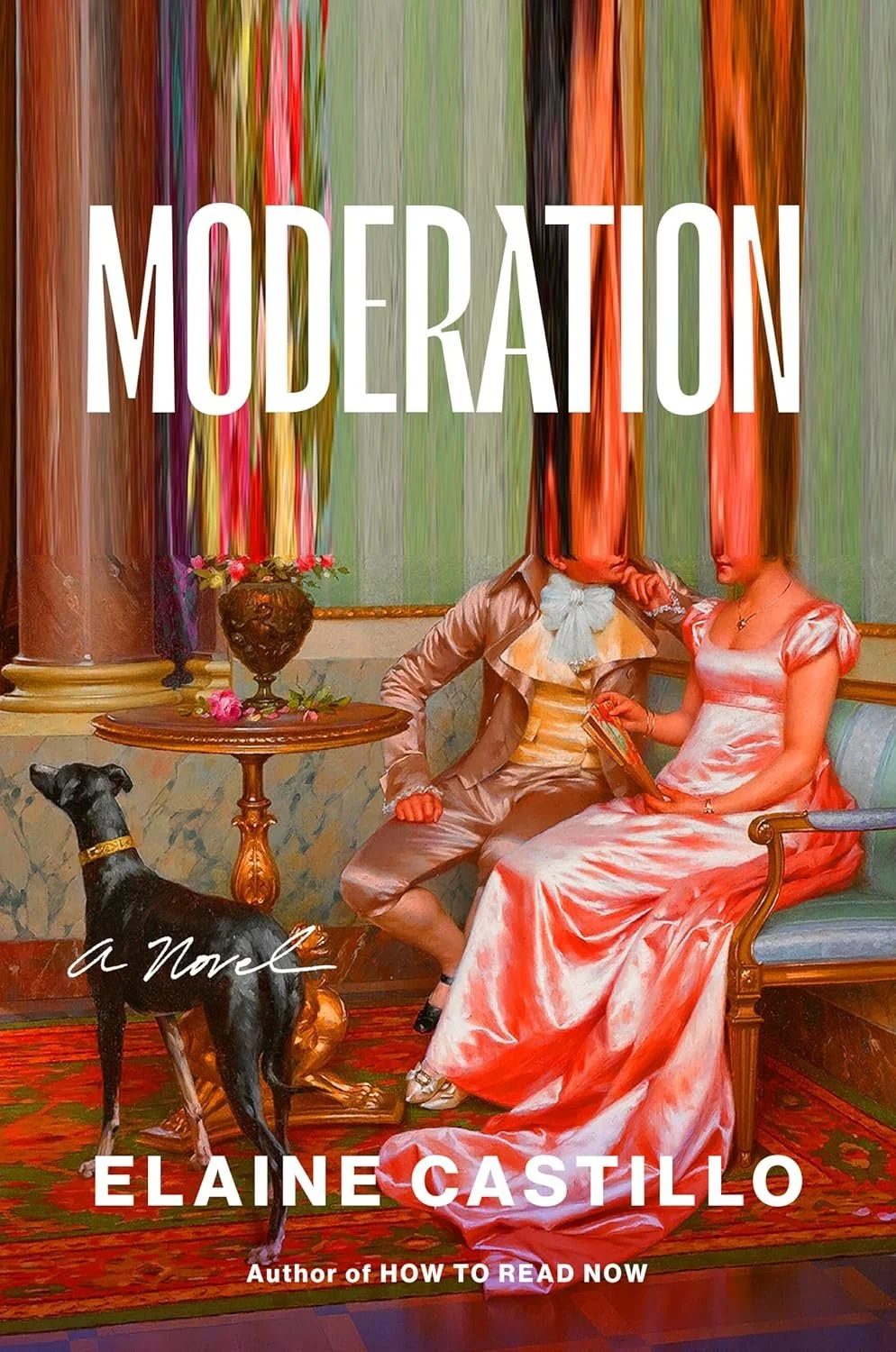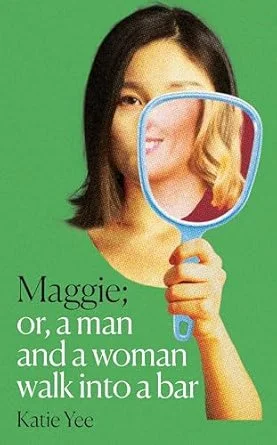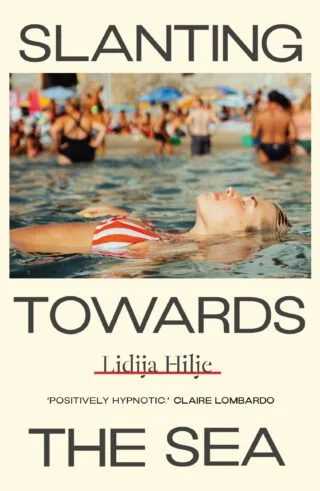Waist Deep, Linea Maja Ernst – Translated by Sherilyn Nicolette Hellberg
Five old friends, seven sun-soaked days, a sultry secret or two, Waist Deep is a delicious debut set to be the ‘book of the summer’, from Danish author Linea Maja Ernst.
Twelve years after they finished university, an eccentric group of friends meet at a summer house deep in the Danish countryside. Once so similar, their lives have taken vastly different paths. A complex blend of morals, flirting, and past feelings cause both rifts and ties for the friends, making the book a dazzling midsummer night's dream.
“They didn’t know who they were anymore. They were more themselves than ever. They were longing to be seen, but couldn’t bear to be known.”
Ernst nods to Sylvia Plath's fig tree analogy, which perfectly symbolises the struggle to choose your destiny: do I ditch my career? Am I fulfilled? Are these my people? These are some of the questions that bubble in the consciousness of the characters in Waist Deep, which explores the complexities of the ensemble cast as they pluck and taste their figs.
“They hear about each other’s lives, but they aren’t part of them.”
Ernst’s writing style is luscious and nuanced. We walk with each character, in vivid snippets of their streams of consciousness, in turn. We absorb each unique personality like a sponge, before melting into the next. Ernst observes the intimacies of the characters like a seer: their political persuasions, their sexual desires, their inner battles with the different versions of who they want to be. Unique and defined, each character is both relatable and detestable in their own way. The pages become a portrait of the human condition, of past and future selves aching to grow.
Waist Deep nods to contemporary works such as Call Me by Your Name and those of Sally Rooney which positions it as a cultural moment – a text that will become a snapshot of our modern society. It will touch a nerve and pull the heartstrings of most young people, who will be able to relate to the anxiety, hopes, and political dynamics of these characters as they prune their own figs.
Editorial Picks




